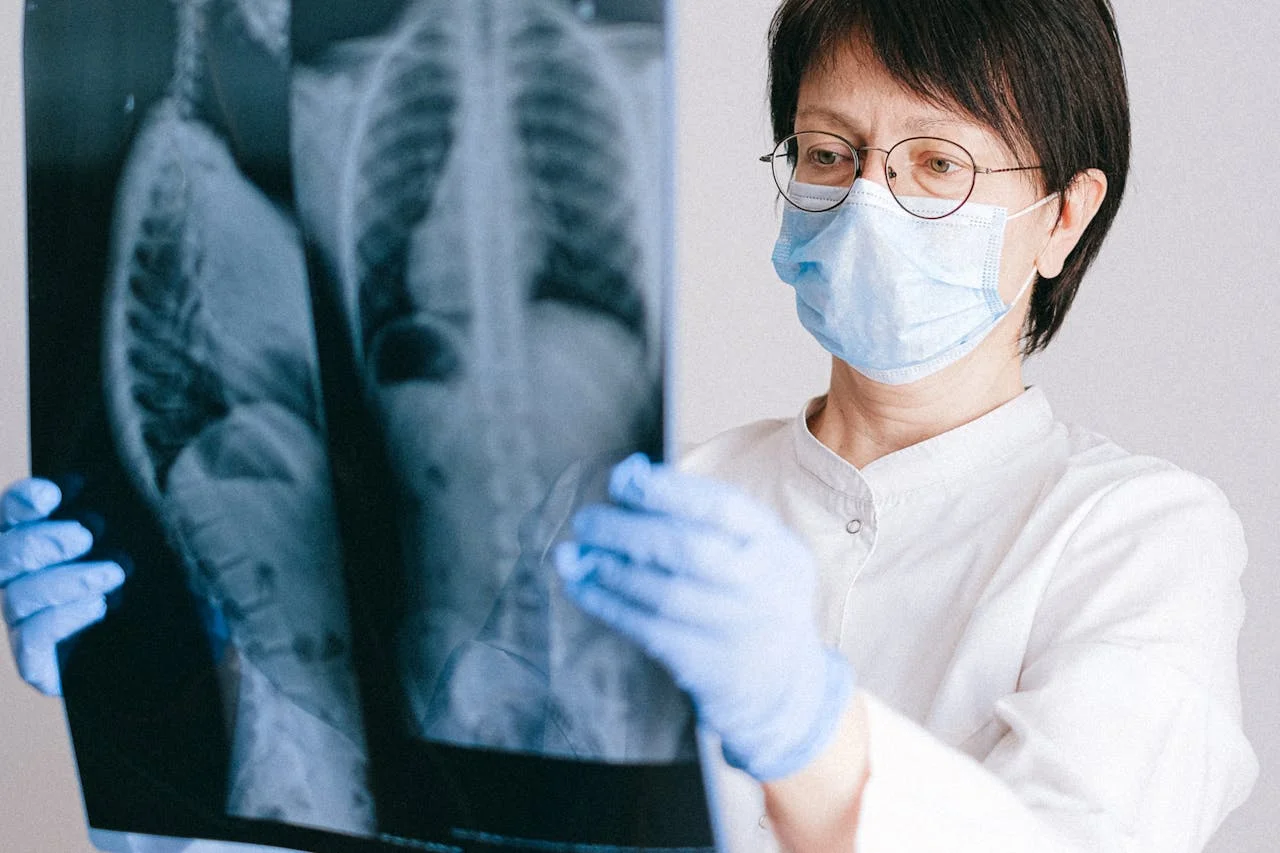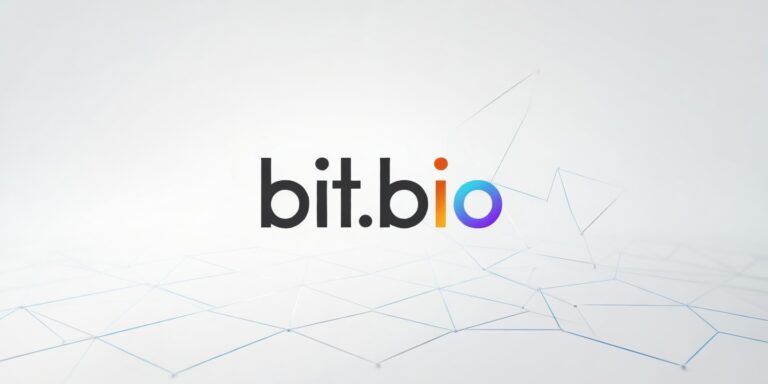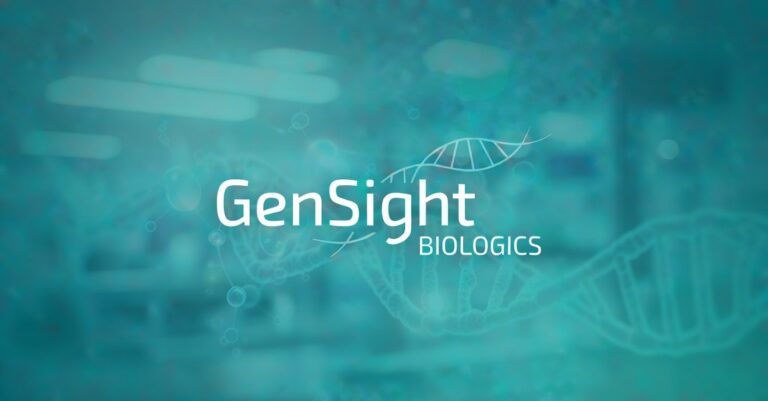
Bristol Myers Squibb (NYSE: BMY) has introduced a $1.8 million initiative aimed at promoting health equity by tackling social determinants of health (SDoH) in four countries with underserved patient populations: Brazil, India, Thailand, and the United Kingdom. These new grants are part of the company’s broader commitment to invest $150 million in health equity by 2025.
Healthcare disparities pose a significant global challenge, with studies indicating that SDoH factors contribute to up to 50% of health outcomes in the United States. The World Health Organization (WHO) defines SDoH as non-medical factors influencing health outcomes, including income, education, physical environment, social support, genetics, health services, and gender. Recognizing the importance of SDoH in achieving the United Nations Sustainable Development Goal #3 (Good Health & Well-being), Bristol Myers Squibb is dedicated to ensuring access to high-quality healthcare for all patients, regardless of their location.
The company’s health equity grants will support eight organizations addressing the root causes of healthcare disparities to create lasting impacts at the community level. These grantees were chosen in countries with underserved communities affected by cancer and blood disorders. Depending on the outcomes of this pilot program, Bristol Myers Squibb may expand to other regions and communities to dismantle systemic barriers to care and improve access and health outcomes.
The recipients of these grants include:
- Instituto Lado a Lado pela Vida in Brazil, focusing on prevention, diagnosis improvement, and patient referral for cancer treatment in rural areas.
- Instituto Oncoguia in Brazil, training healthcare professionals at Oncology Centers to provide informed care for cancer patients.
- Gabriel Project Mumbai in India, developing solutions for sickle cell anemia and oral cancer in tribal villages.
- Liver Foundation, West Bengal in India, training rural healthcare providers to prevent hepatocellular carcinoma.
- Foundation for Education and Development in Thailand, enhancing prevention and primary care for Burmese migrant communities.
- Patients Association in the United Kingdom, bridging the gap between social and healthcare for underserved populations.
- Blood Cancer UK in the United Kingdom, reducing inequality in clinical trial recruitment for ethnic minority communities.
- Less Survivable Cancer Taskforce in the United Kingdom through Pancreatic Cancer UK, working to improve survival rates for less survivable cancers.
Bristol Myers Squibb’s approach to health equity emphasizes collaboration with community stakeholders and cross-sector partnerships to drive meaningful and equitable health outcomes globally.





